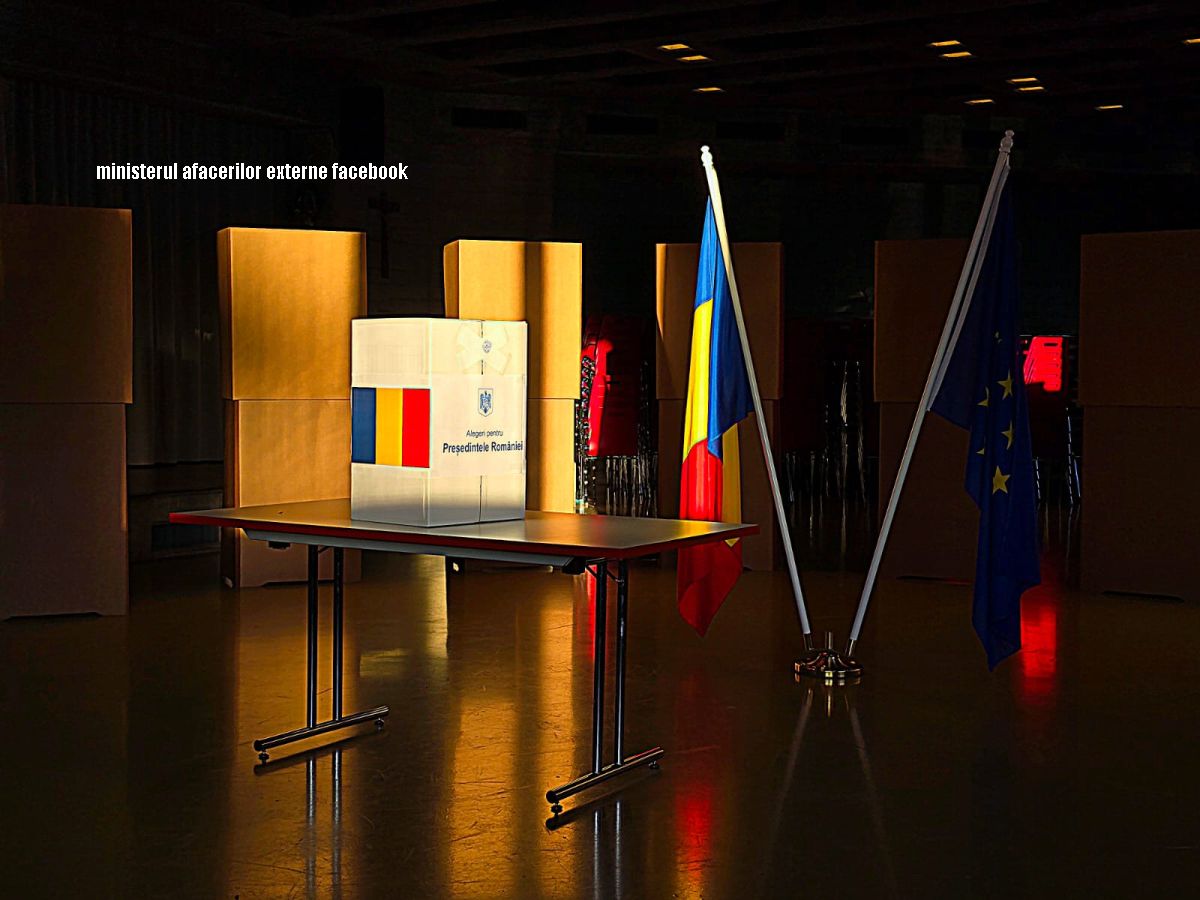Romania between elections
After a surprising first round of the presidential election, marked by the unexpected rise of an independent candidate, concerns emerged about Romania's future.

Daniela Budu, 27.11.2024, 14:00
The result of the first round of the presidential election, which marked a historic break with the traditional parties, had significant effects on the financial markets, shaking the stock exchange and increasing Bucharest’s borrowing costs.
According to analysts, investors perceive Romania as a riskier country, in the context in which the candidate who obtained the first place in this election round has economic and political visions that are far from the European values. The measures proposed by the candidate, Călin Georgescu, include a flat tax of 10%, stimulating wealth accumulation, taxing large companies with 2% of their turnover, redirecting European funds to small farmland owners and encouraging the free association of farmland owners in cooperatives. Economists argue that his economic plan is unrealistic and believe that the separation of Romania from the European market would be a disaster for local companies.
They draw attention to the imminent danger that Romania is facing in the context of the results of the first round of the presidential election, warning that the country risks entering a crisis which it cannot overcome. After the results of the first round were announced, the Bucharest stock exchange fell by almost two points, the country’s borrowing costs rose, and analysts believe that an episode of Euroskepticism may lead to the loss of EU funds and a financial crisis. In fact, the electoral context in Romania has caused reactions of dissatisfaction both in the European Parliament and the European Commission.
The events also drew the attention of the international media, with publications such as the Financial Times and Bloomberg writing about the political and economic effects of the results of the first round. Bloomberg, for example, writes that whoever takes power in Bucharest will face the challenge of repairing Romania’s finances. After the pandemic, the galloping inflation, the war in Ukraine and the government spending have put the country in a difficult situation.
The publication’s analysts believe that the rapid increases in the minimum wage promoted by all governments in Bucharest in the last decade had only a limited impact, because companies were affected by the increase in labor costs and a decrease in the pool of qualified workers. And the Financial Times wrote, immediately after the results were announced, that a pro-Russian and far-right politician won the first round of the presidential election, shaking the country’s political establishment. Following the external concerns that emerged after the first round of the presidential election, the Romanian Foreign Ministry conveys that Romania is firmly committed to supporting democratic values, human rights, including gender equality, combating anti-Semitism, xenophobia and any forms of discrimination. They also say that the set of Romania’s foreign policy approaches is inseparable from Romania’s membership of the space of freedoms and rights, guaranteed by the status of member country of the EU and of NATO ally. (LS)




























